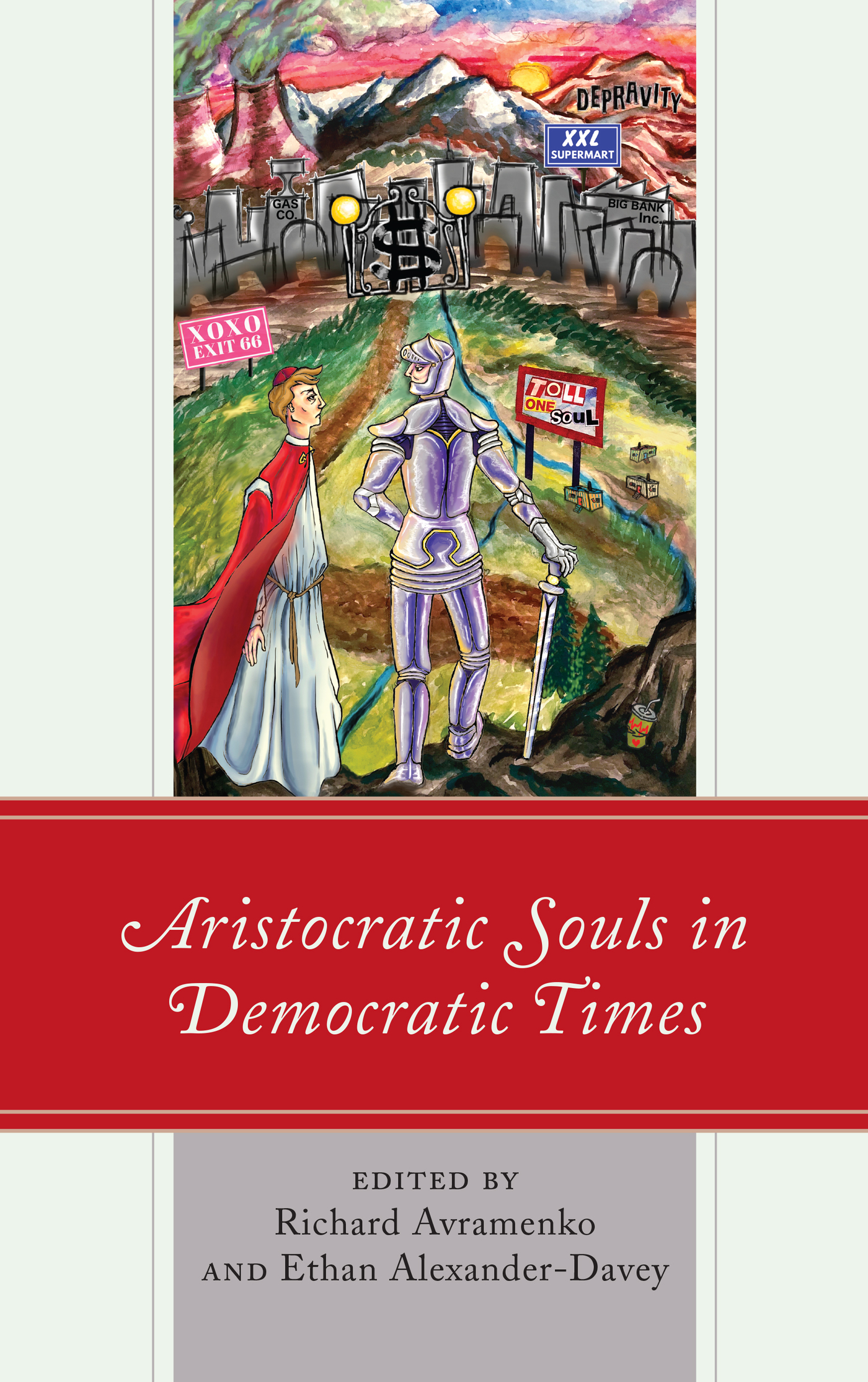Aristocratic Souls in Democratic Times
Political Theory for Today
Series Editor: Richard Avramenko, University of Wisconsin, Madison
Political Theory for Today seeks to bring the history of political thought out of the jargon-filled world of the academy into the everyday world of social and political life. The series brings the wisdom of texts and the tradition of political philosophy to bear on salient issues of our time, especially issues pertaining to human freedom and responsibility, the relationship between individuals and the state, the moral implications of public policy, health and human flourishing, public and private virtues, and more. Great thinkers of the past have thought deeply about the human condition and their situa-tionsbooks in Political Theory for Today build on that insight.
Aristocratic Souls in Democratic Times
Richard Avramenko and
Ethan Alexander-Davey
LEXINGTON BOOKS
Lanham Boulder New York London
Published by Lexington Books
An imprint of The Rowman & Littlefield Publishing Group, Inc.
4501 Forbes Boulevard, Suite 200, Lanham, Maryland 20706
www.rowman.com
Unit A, Whitacre Mews, 26-34 Stannary Street, London SE11 4AB
Copyright 2018 by The Rowman & Littlefield Publishing Group, Inc.
All rights reserved. No part of this book may be reproduced in any form or by any electronic or mechanical means, including information storage and retrieval systems, without written permission from the publisher, except by a reviewer who may quote passages in a review.
British Library Cataloguing in Publication Information Available
Library of Congress Control Number: 2018940323
ISBN: 978-1-4985-5326-1 (cloth: alk: paper) ISBN: 978-1-4985-5327-8 (electronic)
 TM The paper used in this publication meets the minimum requirements of American National Standard for Information Sciences Permanence of Paper for Printed Library Materials, ANSI/NISO Z39.48-1992.
TM The paper used in this publication meets the minimum requirements of American National Standard for Information Sciences Permanence of Paper for Printed Library Materials, ANSI/NISO Z39.48-1992.
Printed in the United States of America
Chapter Introduction
Visions of Aristocracy
Ethan Alexander-Davey
Fame has been divided into three species. Glory, which attends the great actions of lawgivers and heroes, and the management of great commands and first offices of state. Reputation, which is cherished by every gentleman. And Credit, which is supported by merchants and tradesmen.
John Adams, Discourses on Davila (1790)
Great statesmen and gentlemen, men of honor and rank, are phenomena of a bygone era. Contemporary liberal societies attempt, it seems, to get by on the credit of their merchants and tradesmen, or merely on the dignity of the common man. The aim of this volume is to explore the following question: Is there any place for aristocratic virtues in the modern democratic social and political order? A comparison of liberal and aristocratic societies suggests a catalog of contrasting virtues and priorities. Aristocracies, for example, emphasize rank, and value difference, quality, beauty, rootedness, continuity. Liberal societies affirm equality and autonomy, novelty; they are oriented toward standardization, quantity, utility, and mobility. Aristocratic societies are held together by oaths and obligations to the honor of ancestors and future generations, liberal societies, by the notion of contract, both social and legal. Aristocratic societies view the body politic as a complex social organism, a community of communities, each with its distinct customs, and each worthy of being preserved in its distinctness. In the age of liberalism, the state is a conglomeration of individuals; economic efficiency requires levelling and indiscriminate mixing across all boundaries, regional and national. Aristocracies speak of the honor of service, solidarity, and tradition; liberal societies, of career and personal success, competition and innovation.
Although historians in recent years have published monographs and edited collections on aristocratic institutions and the aristocratic ethos in particular time periods and in particular nations, works of political theory addressing the normative implications of aristocracy and its relevance to contemporary social and political problems are few and far between. Some scholars have addressed this question tangentially, but few of them head on. Second, the aristocratic, or oligarchic conception of politics may better reflect empirical reality than egalitarian presuppositions about the same. Third, even a convinced liberal-democrat can benefit from an engagement with contrary opinions cogently argued.
Aristocratic political thought is predicated on human inequality. This makes it unpalatable to democratic souls. But this does not mean that aristocracy, or some form of it, cannot be normatively justified. According to the wisdom of the ages, greatness, honor, beauty, rootedness, continuity could be supported only by a hierarchy of values and a concomitant hierarchy of persons. Great inequalities of power, status and wealth were thought to be justifiable because this ordering of society promoted the highest ideals of religion, culture, and civilization. It was believed that those who were more excellent than others in birth, education, and judgment owed the public their wisdom and service, and deserved deference from ordinary citizens. From antiquity to the renaissance the cultivation and maintenance of virtuous ruling classes was taken to be most important consideration in politics. These and other normative claims of aristocratic political thought are worth exploring.
If one rejects the normative claims of aristocracy, one still ought to consider the aristocratic analysis of politics. As a variety of social scientists have shown, the advent of universal suffrage and the decline of old aristocracies notwithstanding, wealthy and powerful classes continue to have a vastly disproportionate influence on politics in modern societies which call themselves democratic. For defenders of democracy a more attentive examination of aristocratic political thought could also no doubt yield useful insights about how to manage the human passion for distinction and superiority.
To those unconvinced by the foregoing we commend the advice of J. S. Mill. By engaging with aristocratic political thought, democratic souls may gain a clearer perception and livelier impression of truth, produced by its collision with error.
In consideration of the general antipathy toward aristocracy today, it is appropriate to note also that aristocratic thinkers themselves acknowledged what are now the standard objections to aristocracy. First, even if one accepts the proposition that the superior should not be subject to the inferior, it is exceedingly difficult, even at the founding of a new state, to identify those men who will make the best rulers. Those figures of the past whose greatness is honored today rarely enjoyed universal acclaim in their own time. Second, as Plato, Polybius, and Cicero all recognized, pure aristocracies are prone to degenerate after the first generation as the sons of the first generation of aristocrats, for a variety of reasons, fail to display the virtues by which their fathers distinguished themselves. Third, aristocracies tend to become closed castes, excluding many who are capable of rule, which is an injustice both to those persons wrongly excluded, and to the polity, denied whatever benefits might have accrued to it from their inclusion among the highest ranks of society. Those who wield power in any society can often be justly accused of making self-serving arguments, and aristocratic rulers are no exception in this respect, but the fact that great aristocratic thinkers of the past were aware of these pitfalls of their preferred form of government, and promoted it all the same, should itself be cause for reflection in these democratic times of ours.

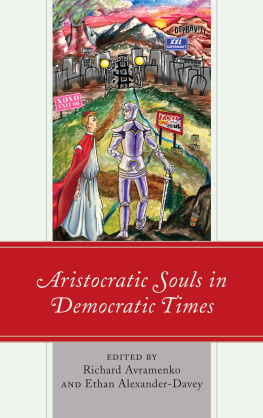
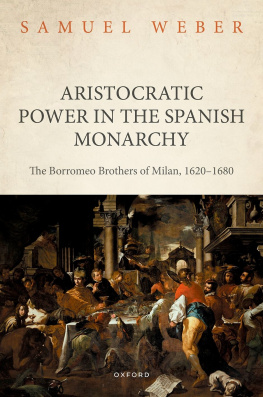

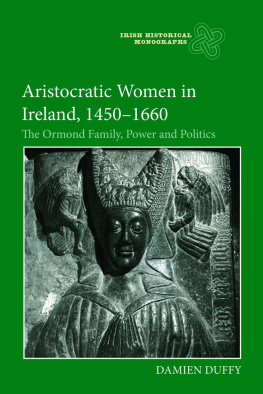
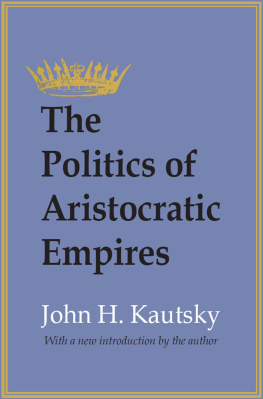
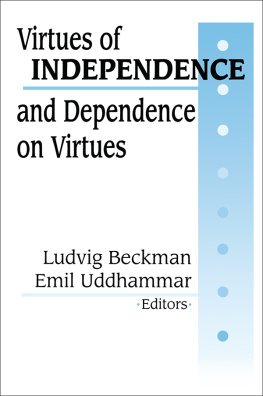
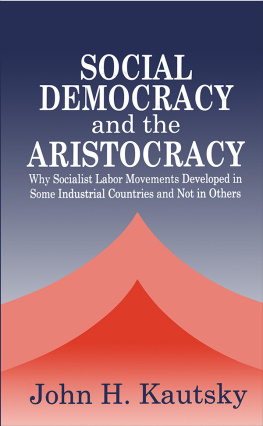
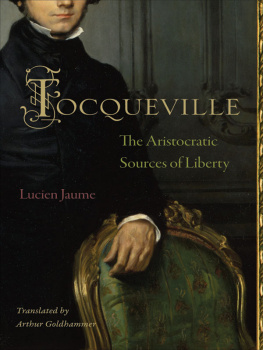



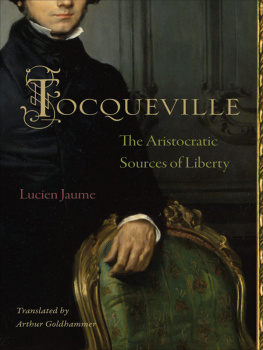
 TM The paper used in this publication meets the minimum requirements of American National Standard for Information Sciences Permanence of Paper for Printed Library Materials, ANSI/NISO Z39.48-1992.
TM The paper used in this publication meets the minimum requirements of American National Standard for Information Sciences Permanence of Paper for Printed Library Materials, ANSI/NISO Z39.48-1992.